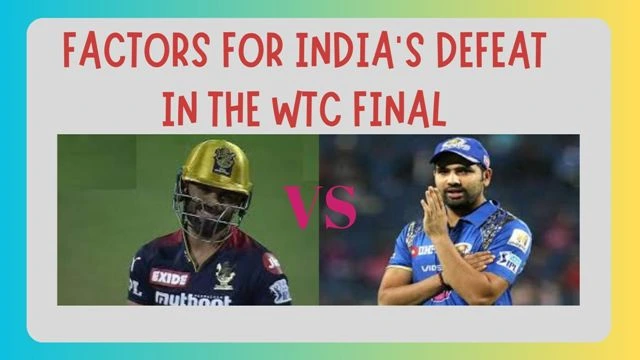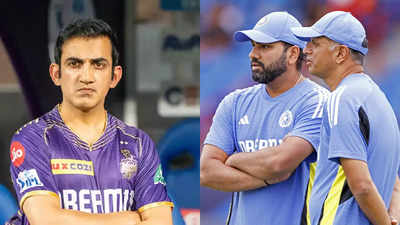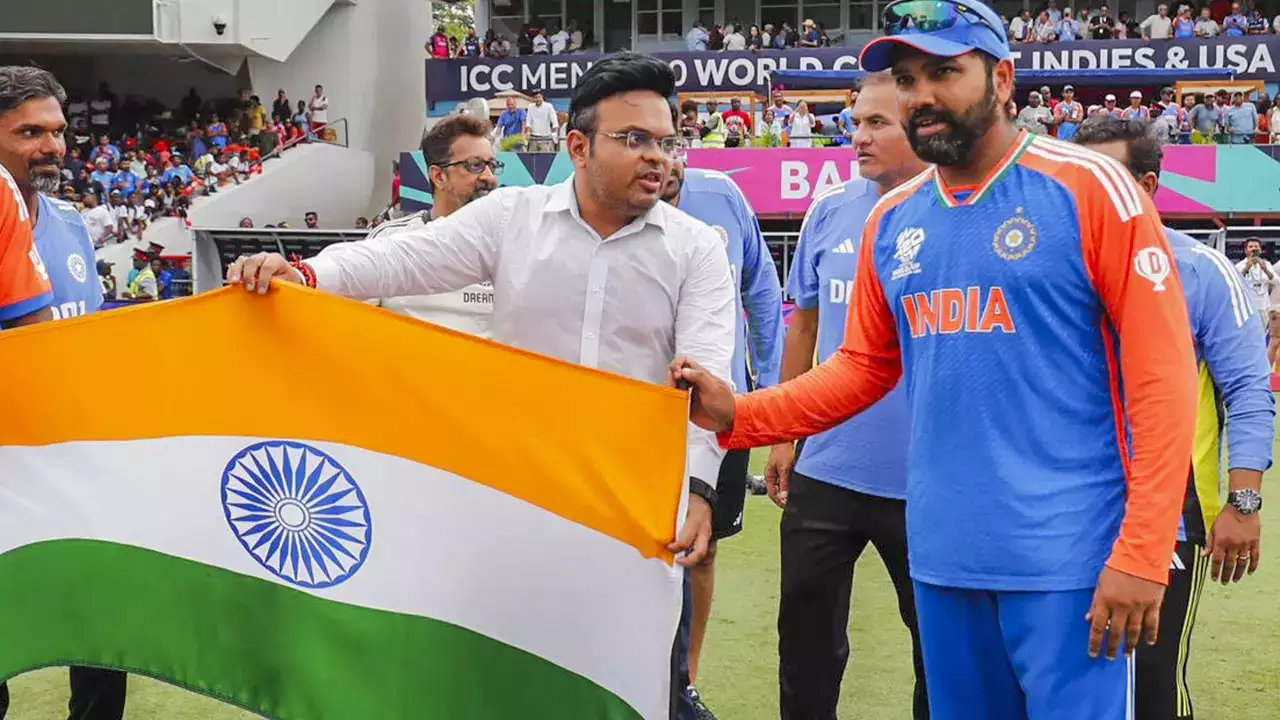The Indian cricket team’s quest for an ICC title suffered another setback as they endured a resounding 209-run loss against Australia in the WTC Final. This defeat adds to a series of disappointing performances by the Indian team on the grand stage, leaving many puzzled and searching for answers. Once again, just like in the previous edition, India stumbled at the final hurdle, falling short of clinching the title. Two years ago, it was the New Zealand team that prevented India from securing the Test mace. The repeated failures in crucial tournaments have left critics at a loss for words, with the team seemingly making the same mistakes time and again.
Ravichandran Ashwin’s Surprising Absence
Ravichandran Ashwin is renowned for his meticulous study of opponents, making him one of the most astute players in the world. Throughout his career, he has learned from his mistakes and made strong comebacks. As a Test cricket legend, Ashwin reportedly began preparing for the World Test Championship final during the Indian Premier League. However, when the crucial match arrived, he found himself on the sidelines, warming the bench. This decision to exclude him from the playing XI, especially against a team with five left-handed batsmen, left many bewildered. Even Sachin Tendulkar, the great Indian cricketer, couldn’t fathom why Ashwin was left out.
Impact of IPL Fatigue
Whenever India fails to perform in an ICC event, fingers are often pointed at the Indian Premier League (IPL). While it is undeniable that cricket is rapidly transitioning into a franchise-based ecosystem, the scheduling of the WTC final shortly after the conclusion of the T20 league may have played a role in India’s struggles. Players like Shubman Gill, Rohit Sharma, Virat Kohli, and several others who were deeply involved in the IPL 2023 season, faced challenges in finding their form against a highly motivated Australian side. In contrast, many key Australian players, including Steve Smith, Travis Head, Scott Boland, Nathan Lyon, Mitchell Starc, and Pat Cummins, did not even participate in the 16th edition of the IPL. Going forward, Indian players may need to prioritize and find a balance as WTC finals are likely to be scheduled in June, soon after the conclusion of the IPL season.
Underperforming Top Order
The top-order batsmen, including Rohit Sharma, Shubman Gill, Cheteshwar Pujara, and Virat Kohli, failed to make a substantial impact, accumulating a mere total of 193 runs in the match. The only saving grace for India was Ajinkya Rahane’s resilient 89 and Shardul Thakur’s valiant 51 in the first innings, which helped India reach a modest total of 296 runs. Apart from them, no other batsman managed to score a half-century.
In the second innings, Rohit, Pujara, Kohli, and Rahane showed promise with their starts but couldn’t convert them into significant scores. As rightly pointed out by former Indian captain Sourav Ganguly, the batting averages of Indian players have witnessed a Certainly! Here’s the continuation of the rewritten article:
In events as significant as the WTC Final, even the most established names struggled to rise to the occasion and deliver match-winning performances. Sourav Ganguly’s observation about the drastic reduction in the batting averages of Indian players over the past couple of years raises valid concerns. The shot selection of certain players, including Virat Kohli, is bound to be questioned in the aftermath of this defeat.
It is important to acknowledge the collective failure of the Indian top order. Rohit Sharma, Shubman Gill, Cheteshwar Pujara, and Virat Kohli, despite their immense talent and reputation, failed to shoulder the responsibility and contribute significantly with the bat. While they showed promising starts, they couldn’t convert them into substantial scores that could have made a difference in the outcome of the match.
The absence of big partnerships and lack of individual contributions from the top order significantly hindered India’s chances of posting a competitive total and applying pressure on the Australian team. The reliance on Ajinkya Rahane and Shardul Thakur in the first innings highlighted the vulnerability of the batting lineup.
In a high-stakes match like the WTC Final, where every run and wicket matters, it becomes imperative for the top-order batsmen to set a solid foundation and capitalize on their starts. Unfortunately, Team India’s batting unit couldn’t rise to the challenge on this crucial occasion.
Moving forward, it is crucial for the Indian team management to address these batting concerns and work on strengthening the top order. Consistency and adaptability in performing on big stages are essential qualities that the players need to cultivate. Analyzing the mistakes made in this final and learning from them will be vital for the team’s growth and success in future ICC events.
Team India’s defeat in the WTC Final highlights the need for introspection and improvement. The absence of key players like Ravichandran Ashwin, the potential impact of IPL fatigue, and the underperforming top order all contributed to the team’s downfall. As disappointing as this defeat may be, it serves as a valuable lesson for the Indian team to identify areas of improvement and come back stronger in their pursuit of an ICC title. Only by learning from these experiences can they pave the way for future success on the global stage.






